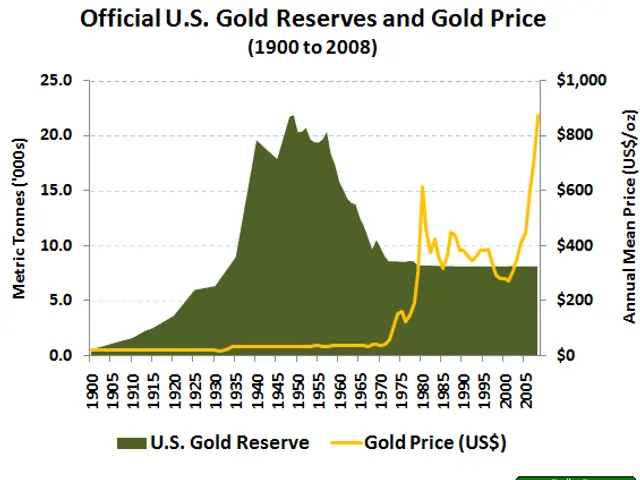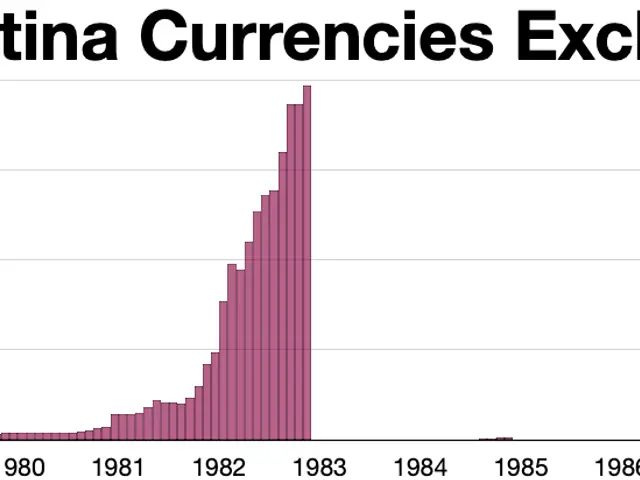In the heart of Germany, a striking shift has been observed in the real estate market. Accordingly to the Federal Statistical Office's latest report, property prices plummeted by an alarming 9.9% in the second quarter of 2023, compared to the same period in 2022. This staggering decrease marks the steepest year-on-year drop since records began in 2000.
Interestingly, although the decline was less significant when compared to the previous quarters, it still showed a striking decrease of 1.5%. Single-family homes witnessed a decrease of 12.6%, while the average price of apartments dropped by 9.8% from the previous year.
The dramatic price drop hasn't spared both urban and rural areas alike, with cities experiencing a more pronounced decline. Cities like Berlin, Hamburg, Munich, Cologne, Frankfurt, Stuttgart, and Düsseldorf saw significant price reductions.
Researchers trace this shift to an increase in interest rates on construction loans, causing loans to become significantly more expensive. Additionally, persistent high inflation has pinched the population's purchasing power, making it harder for many individuals to afford property.
The 2023 UBS Global Real Estate Bubble Index revealed that out of 25 cities worldwide, only two – Zurich and Tokyo – are at risk of forming a housing market "bubble." Frankfurt and Munich, previously classified as high-risk cities, have now shifted to a lower-risk category of "overvaluation."
Investors continue to find appeal in cities like Frankfurt and Munich, despite the overall decline in real estate prices. Due to their downgraded risk status, some cities remain constant attractions for investment.
Related Topics:
Enrichment Insights:
Various factors contrived to create this record decline in real estate prices, including interest rate shock, economic headwinds, a supply-demand imbalance, and climate change uncertainty. Higher interest rates and economic risks combined with a limited supply of residential properties and strong tenant demand have led to this drastic drop in property values. Climate change's impact on housing availability and insurance premiums further exacerbates the issue.





![The image shows a formalin/PFA-fixed paraffin-embedded section of an anti-pfa1 antibody [epr22828]...](/en/content/images/size/w640/format/webp/20260226200441_csic-monoclonal-antibody-neutralizes.jpeg)


